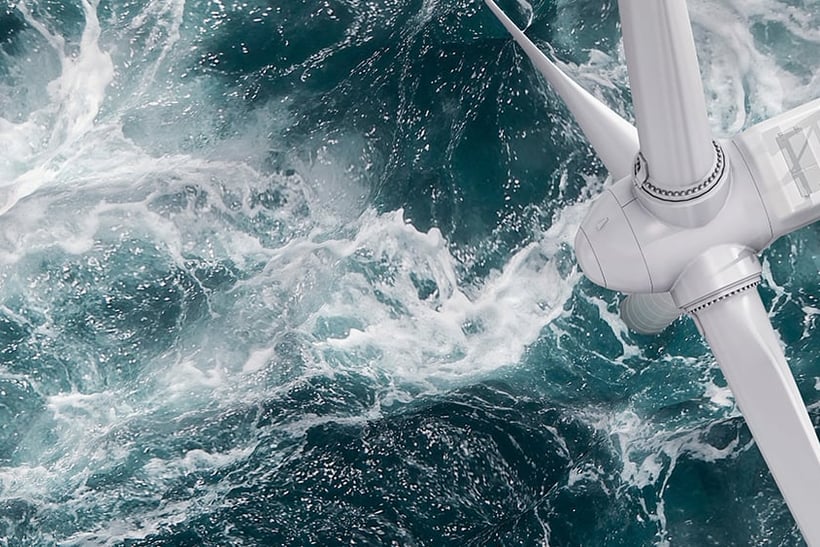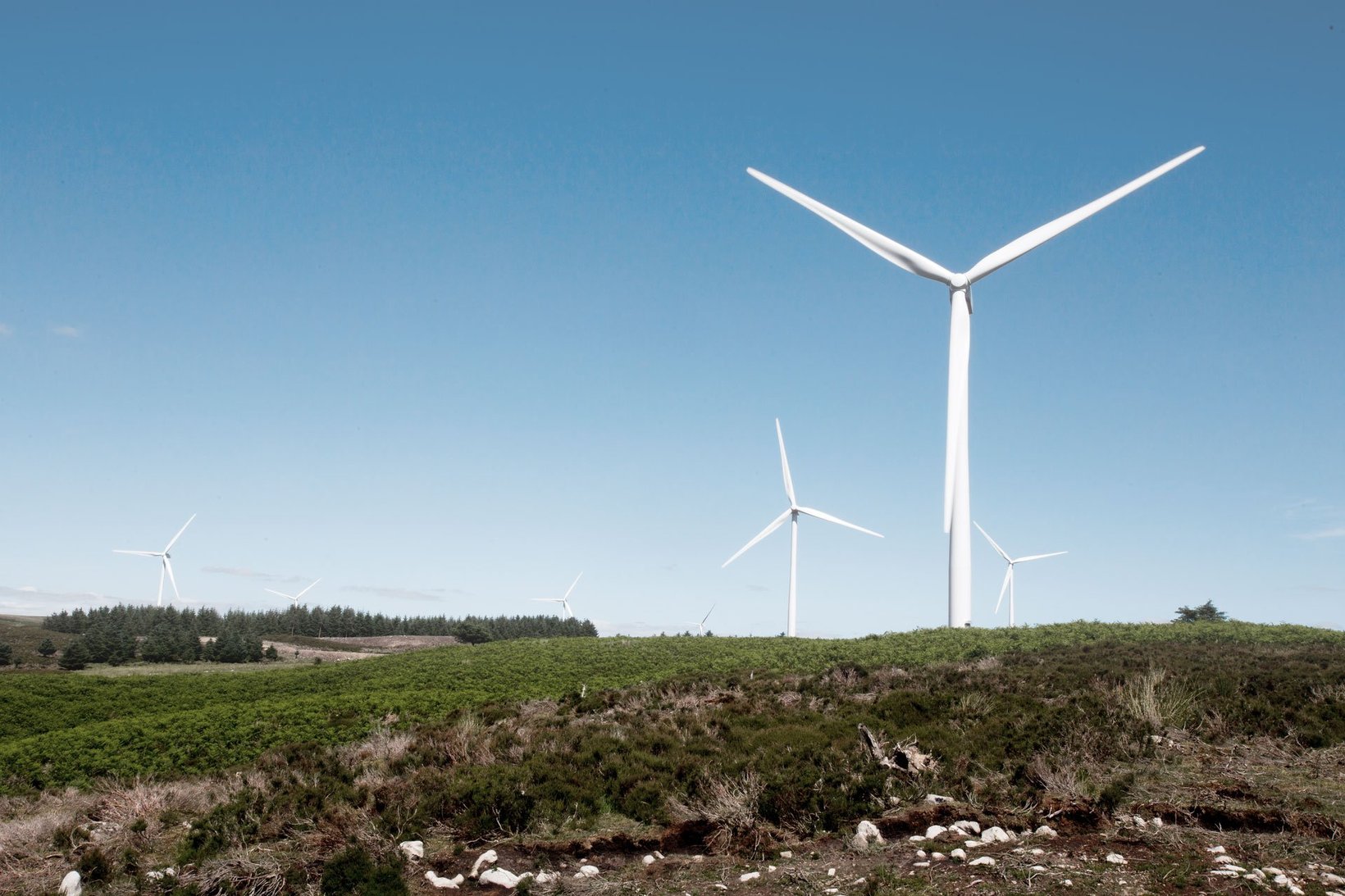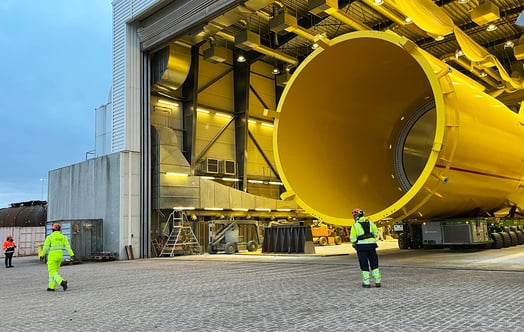Are all people opposed to living near wind farms? Well, when asked, it turned out that those who lived closer to turbines have a more favourable view of wind power than people living further away. This was one of the results from a recent survey which some may find surprising.
People may love cheap, climate-smart electricity, but few wind farms are ever built without lengthy processes that often involve petitions and appeals. Vattenfall’s 16 turbine Ray wind farm, located in Northumberland in north-east England, is no exception. After over a decade of planning and preparations, it finally started to produce electricity in 2017.
After five years of operations at Ray, at the beginning of 2023, a survey was commissioned among the residents of the region to find out their attitudes towards wind power today. Some of the results were surprising.
The closer the more positive
Contrary to popular belief, the study showed that three-quarters of those surveyed supported onshore wind farms and wanted to see more growth in the sector, compared to around 5 per cent who were opposed. Indeed, perhaps most surprisingly, those living closest to wind farms, specifically those living within five miles of existing wind farms in the region, were even more supportive of further development.
More than half of everyone surveyed thought that those who oppose wind farms make up a vocal minority, compared to the silent majority in favour.
Four in five want more information of the benefits
The poll also reveals a lack of knowledge about the benefits wind farms can bring both in improving the environment and biodiversity, the economic boost from community benefits, and the opportunities for upskilling, job creation, and the local supply chain. Nearly four in five wanted to know more about these benefits and three quarters of those surveyed would generally like more communication from wind developers such as Vattenfall.
This lack of awareness appears to be part of a larger problem as more than half of those surveyed in the North East do not know much or anything about the British government’s Net-Zero target. Three in five wanted to hear more about their local authority’s plans to tackle climate change and 72 per cent believe that the North East should do more to encourage investment from companies like Vattenfall in low carbon forms of energy in the region.

Sign up for our newsletter THE EDIT
THE EDIT is Vattenfall's new monthly newsletter. Each issue highlights a new burning issue from the world of sustainable energy and fossil freedom.
Encouraging results
Despite this challenge, Vattenfall Senior Project Manager Matt Bacon is encouraged by the results of the poll, which he commissioned in January 2023 to get a more complete picture of people’s views in a region where Vattenfall has a large office and an operational wind farm.
“It’s great to see more evidence that confirms our hunch that people in the North East overwhelmingly support renewable energy generation. This will give our operational and development teams increased confidence when meeting residents and other local stakeholders that, with the right dialogue and benefits built into projects, communities are very likely to be open to new proposals,” he says.
“This local polling mirrors national level polls and that’s helpful in defusing accusations that ‘people might think that in big cities but not here’. However, it also shows that we need to do more to communicate the benefits that come from onshore wind, and work closely with local communities to make sure this energy transition brings positive opportunities, particularly to areas that might not otherwise see such large-scale investment. Open, honest, and early engagement will be critical to success.”
The survey of onshore wind attitudes in north-east England was conducted online by Opinium Research during January and February 2023. Survey Sample: 1,000 adults in the North East of England including a minimum of 150 in Northumberland.
Read more about Vattenfall’s wind farms and projects in the UK
Facts about the survey
Research conducted for Vattenfall by Opinium of 1,000 adults living in North-East England, including minimum of 150 in Northumberland, between 27 January and 8 February 2023.
- When asked “In general, do you support or oppose the further growth of onshore wind power generation and onshore wind farms”, 76% indicated their support in the UK as a whole, 75% indicated their support in the North East of England, and 74% indicated their support in their local area.
- When asked the same question, 4% answered that they ‘opposed’ the growth of onshore wind in the UK as a whole, 5% answered that they ‘opposed’ this in the North East of England, and 7% answered that they ‘opposed’ this in their local area
- When asked “in general do you support or oppose the further growth of onshore wind power generation and onshore wind farms in the North East of England”, 81% of those living within 2 miles said they were supportive; 88% of those living within 5 miles said they were supportive; 81% living within 10 miles were supportive; 78% living within 20 miles were supportive; and 74% living more than 20 miles were supportive.




